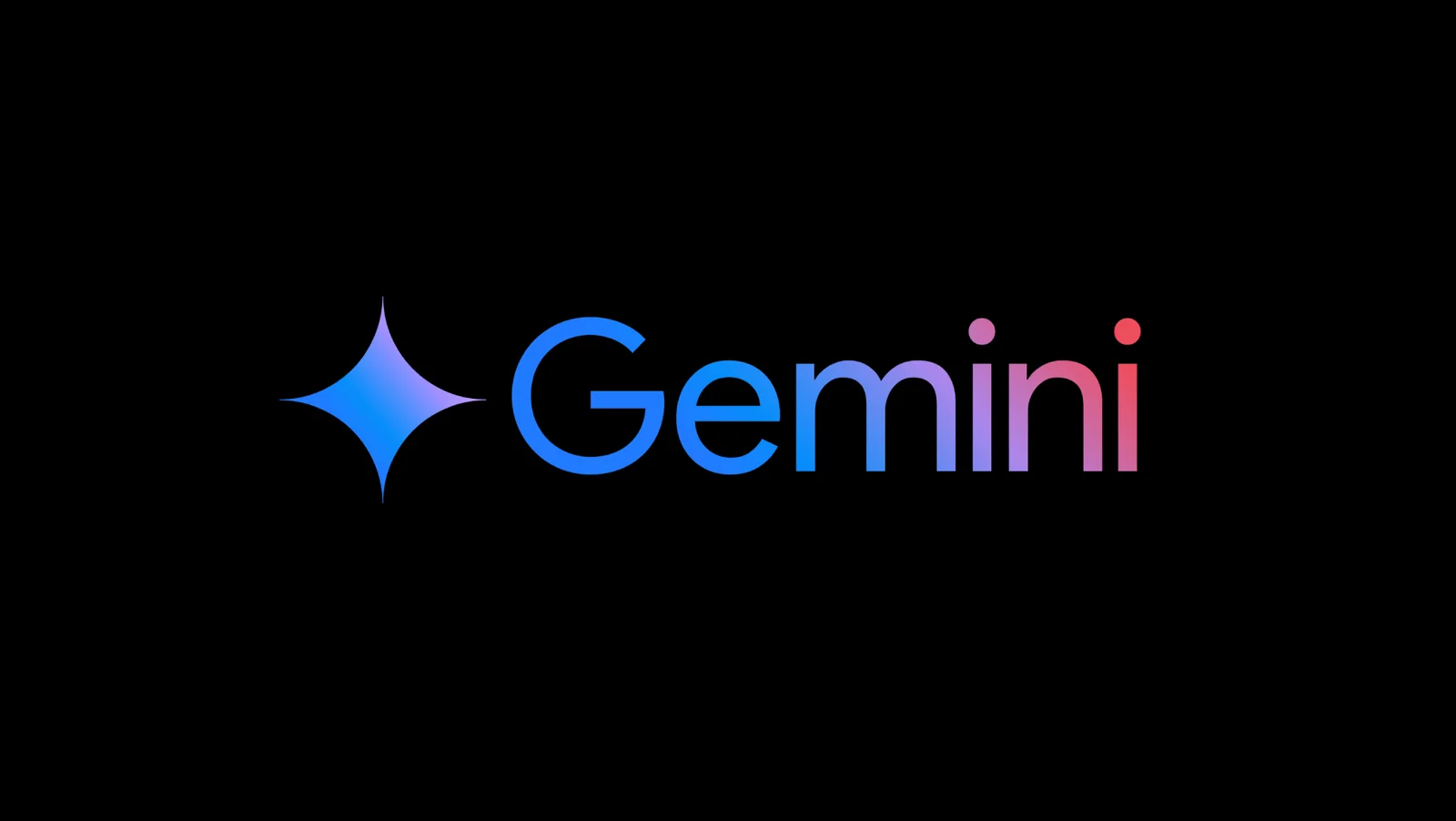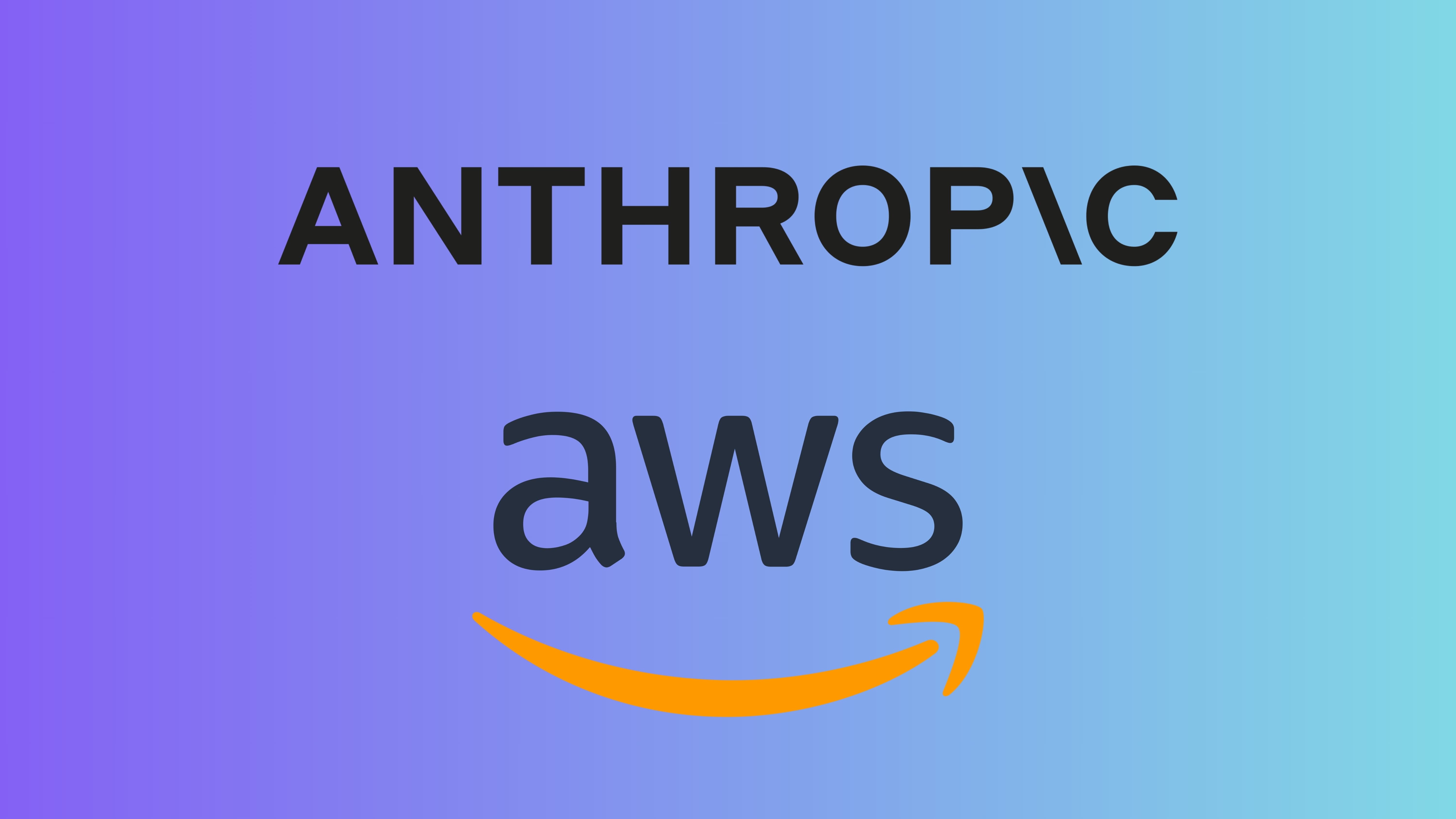The European Commission is pondering whether OpenAI’s ChatGPT should be designated as a ‘Very Large Online Search Engine’ (VLOSE) under the Digital Services Act (DSA), a move that could reshape how generative AI tools are regulated across Europe.
OpenAI recently reported that ChatGPT’s search feature reached 120.4 million monthly users in the EU over the past six months, well above the 45 million threshold that triggers stricter obligations for major online platforms and search engines. The Commission confirmed it is reviewing the figures and assessing whether ChatGPT meets the criteria for designation.
The key question is whether ChatGPT’s live search function should be treated as an independent service or as part of the chatbot as a whole. Legal experts note that the DSA applies to intermediary services such as hosting platforms or search engines, categories that do not neatly encompass generative AI systems.
Implications for OpenAI
If designated, ChatGPT would be the first AI chatbot formally subject to DSA obligations, including systemic risk assessments, transparency reporting, and independent audits. OpenAI would need to evaluate how ChatGPT affects fundamental rights, democratic processes, and mental health, updating its systems and features based on identified risks.
‘As part of mitigation measures, OpenAI may need to adapt ChatGPT’s design, features, and functionality,’ said Laureline Lemoine of AWO. ‘Compliance could also slow the rollout of new tools in Europe if risk assessments aren’t planned in advance.’
The company could also face new data-sharing obligations under Article 40 of the DSA, allowing vetted researchers to request information about systemic risks and mitigation efforts, potentially extending to model data or training processes.
A test case for AI oversight
Legal scholars say the decision could set a precedent for generative AI regulation across the EU. ‘Classifying ChatGPT as a VLOSE will expand scrutiny beyond what’s currently covered under the AI Act,’ said Natali Helberger, professor of information law at the University of Amsterdam.
Experts warn the DSA would shift OpenAI from voluntary AI-safety frameworks and self-defined benchmarks to binding obligations, moving beyond narrow ‘bias tests’ to audited systemic-risk assessments, transparency and mitigation duties. ‘The DSA’s due diligence regime will be a tough reality check,’ said Mathias Vermeulen, public policy director at AWO.
Would you like to learn more aboutAI, tech and digital diplomacy? If so, ask our Diplo chatbot!










